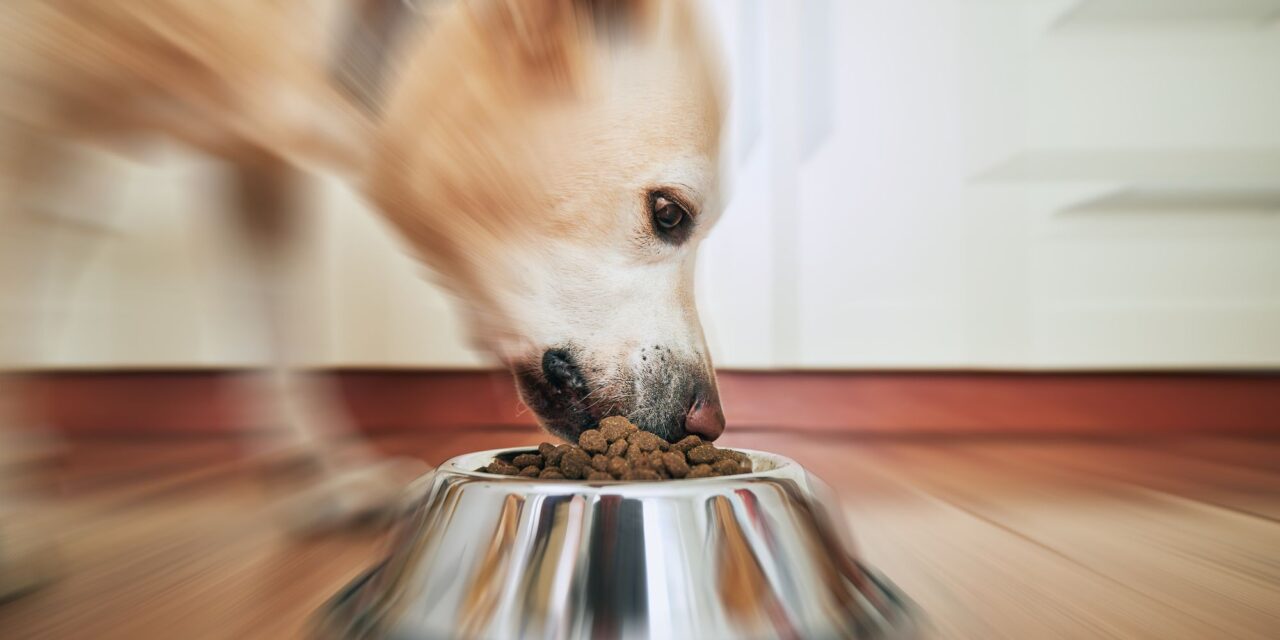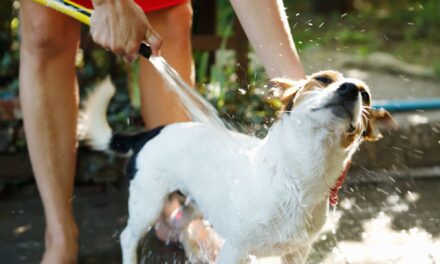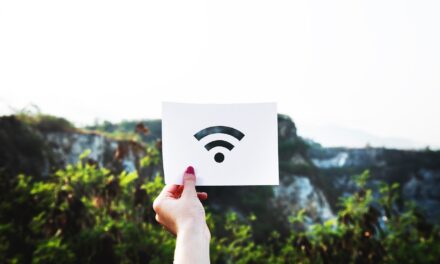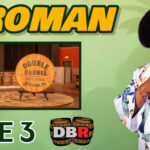Our dogs are beloved members of our family, but they can also be natural mooches. From table scraps to treats to human food slips, they often are receivers of plenty of food. Do you notice, however, that your dog seems to be eating all the time? Are you having issues with feeding your dog?
Are you uncertain whether it’s a learned behavior or an actual health issue? Here are some pointers to help you understand why your dog is always hungry.
Why is my dog always hungry?
The truth is that there are several medical and emotional reasons why your dog always seems to devour every single kibble and scrap of food he can get. Here are some of the most common issues that you should be in the know about:
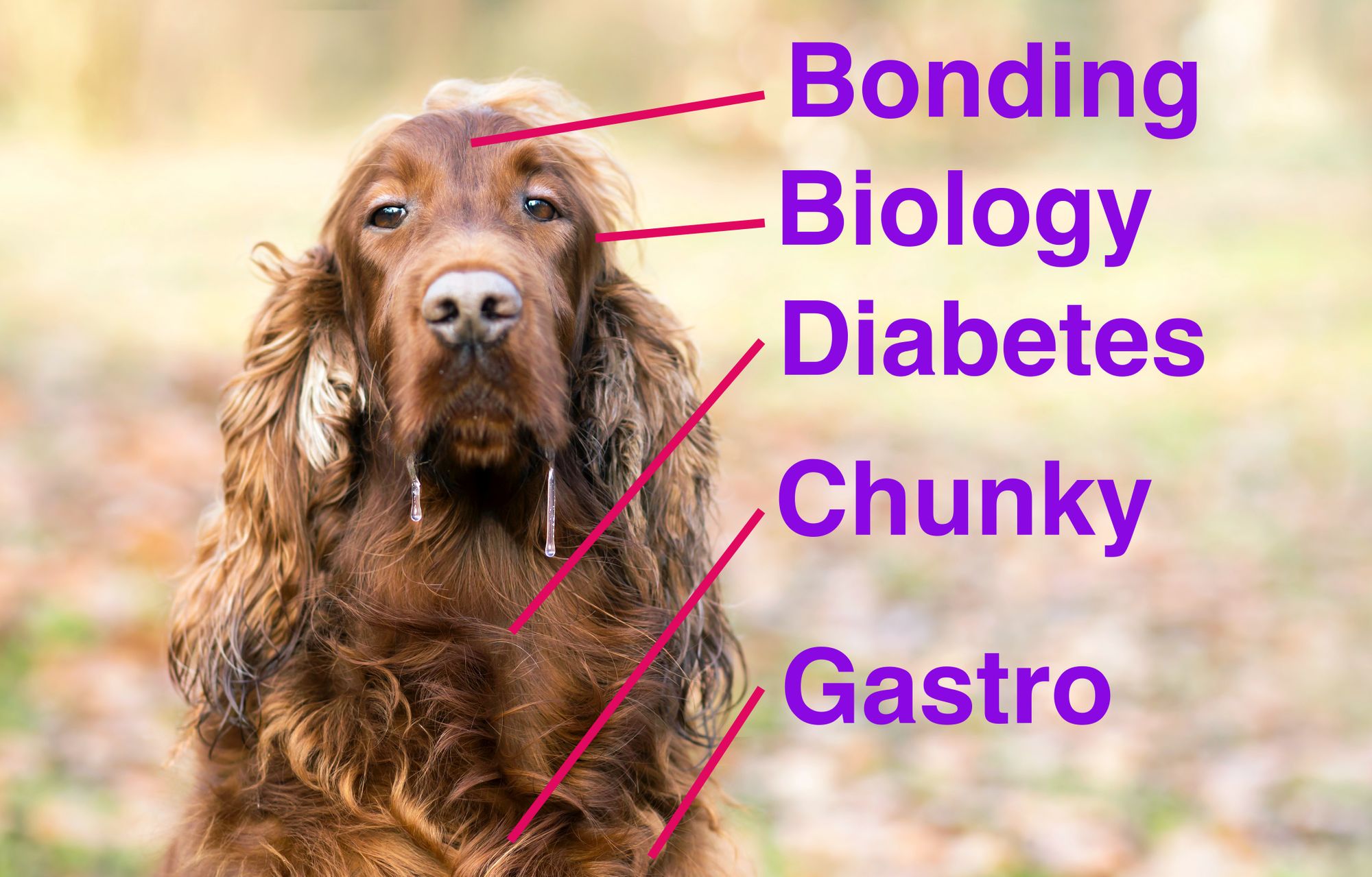
- He could have problems with this gastrointestinal health: Most commonly, dogs may have had a nutritional problem with their intestinal health that prevents them from getting the full nutrition of their food. Similar to a tapeworm, the parasite takes the food that the dog eats, and the dog is left with little to nothing. This makes him feel constantly hungry. It’s essential to always offer quality food to keep him in full nutrition, and if you suspect that it might be an issue with the gastrointestinal tract, check it out with his vet.
- He may have diabetes: Diabetes is another common issue with dogs and, similar to humans, he will have increased thirst and hunger, which can be noticed in his seemingly huge appetite. A trip to the vet is always a good idea if you notice both an increase in hunger and thirst.
- He may have gained weight (and require more food to maintain that extra weight): From too many treats or too skipped walks, dogs may gain weight. As the weight piles on, their appetite increases to maintain that weight (similar to humans). This will lead them to want bigger portions and more of it. This can be tricky to notice on its own, so proper weigh-ins can help.
- It may be biology: Dogs are notoriously gobblers of food. This is because their biology leads them to eat and eat and eat until the food is entirely gone. Even the most modern dogs still have the “lizard brain” in the back of their mind, and it takes over when it comes to food. So, your dog constantly eats because he programmed to do so.
- Maybe he wants to bond with you: Sometimes, a dog will want food because it’s when they get time to bond with you. So, what seems like a medical condition may just be him feeling lonely and abandoned!
This is probably the case if you’ve ruled out 1-3 for sure.
How can I help my dog feel satisfied?
If you’re looking at making sure that you help your dog stay healthy and happy without devouring your entire home the second your back is turned, here are some tips to help you out.
You’ll notice that these are more about the emotion, or non-medical approaches because having him diagnosed with a medical condition by a vet will bring different requirements that only they can provide you.
- Ease up on treats: It seems counter-intuitive, but make sure that you don’t give him too many treats. Treats are like chips and chocolate bars for humans. They’re often not nutritious at all and he will crave more and more of them.
So, lessen the number of treats that he gets and make sure that he doesn’t fill up on them. - Consider healthy snacks as “rewards”: Instead of treats when he does something you want to reward, consider pieces of carrot or apple or other human food that he will enjoy but not crave. This will make him feel satisfied but it will be good for his doggy gut.
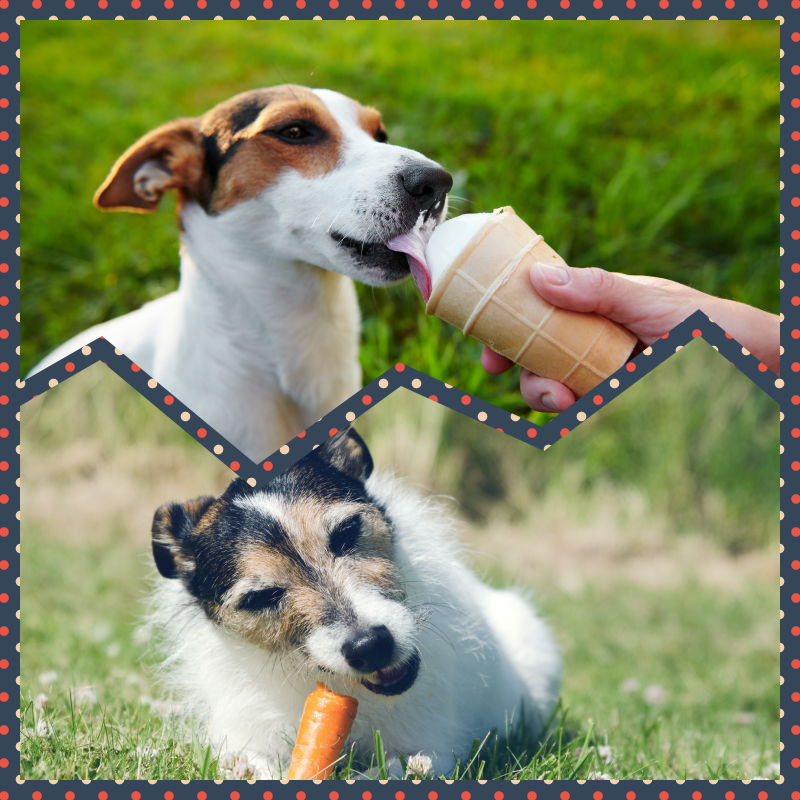
- Carefully portion quality food: Get a vet’s opinion on good quality food and also portion out the right amount as they recommend. This will give you the exact amount your dog needs to stay healthy and he won’t be able to trick you into giving him more because you will know that he has as much as he needs.
- Feed at regular mealtimes: Similarly, make sure that you feed him at proper intervals.
– Some have breakfast, lunch and dinner. – Some have only breakfast and dinner. Make sure both are at regularly set times to keep his appetite under control. This will also help him to anticipate when food is coming — which can prevent him from trying to get you up at 3:00am. - Substitute fun for treats: If your dog is craving food and treats, it may just be that he wants to spend time with you and he’s learned that treats indicate attention. Try playing with him and taking him for a walk when he starts to do his dance and whinging. This will help him to get lots of love and focus and so much so, he may not even notice that he didn’t even get a treat!
It should go without being said, but before you self-diagnose your dog with attention or biological problem related to food, always get the opinion of your dog’s regular vet. What you think may just be a cry for attention, could be Cushing’s disease or an issue with his pancreas. Your dog over-eating is just as serious as you dog under-eating and you’ll want to get a trained and experienced professional’s opinion to rule out any obvious underlying health issues that could be present.

